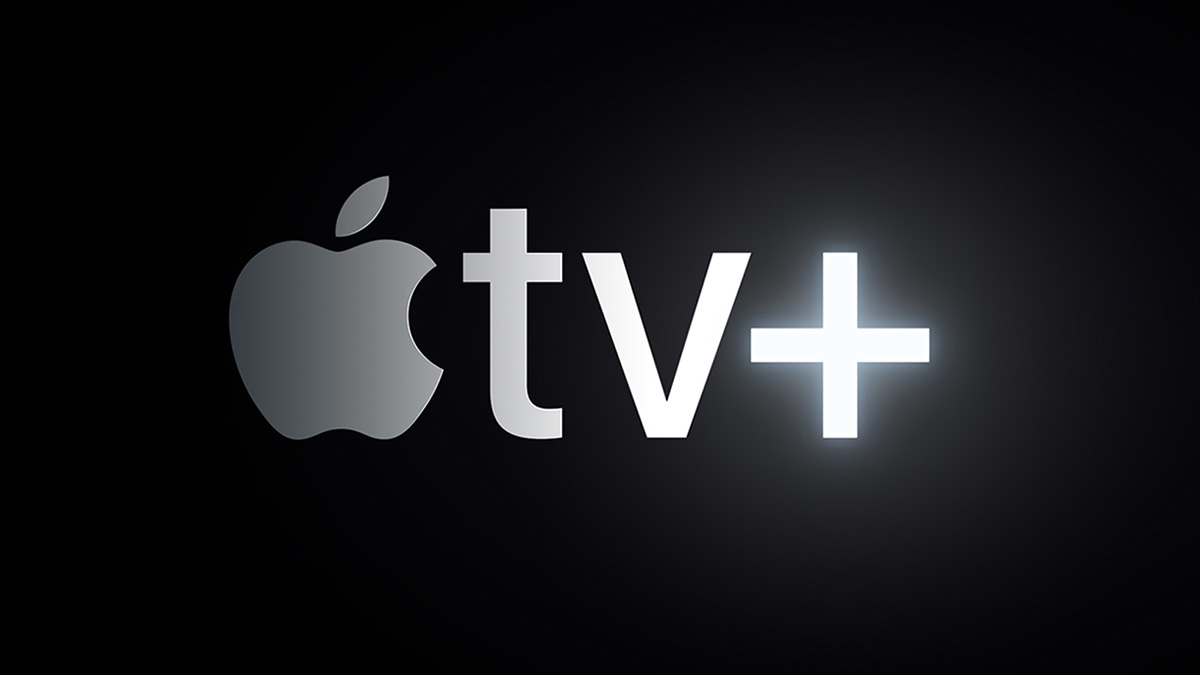Apple’s streaming service, Apple TV+, has been doing relatively well in its debut year. It’s made up entirely of first-party content, but that looks set to change according to a new Bloomberg report.
According to that report Apple TV+ is now buying older shows to allow the service to better compete with the likes of Netflix and Hulu, having already surpassed 10 million subscribers. Previously company wanted Apple TV+ to be all about original content.

The company’s video-programming executives have taken pitches from Hollywood studios about licensing older content for TV+ and have bought some shows and movies, according to people familiar with the matter.
Netflix is a great example of what Apple TV+ appears to be considering. Netflix has some huge hits on its own books, tagged as Netflix Originals. But that hasn’t stopped some of its most popular shows being older back catalog content that was shown on TVs years ago. Apple previously decided not to go that route, but there seems to have been a change of heart.
The move represents a subtle strategy shift for Apple TV+, which launched in November with a lineup of original programs. The company plans to keep TV+ focused on original shows, and hasn’t yet acquired any huge franchises or blockbusters for its back catalog, according to the people, who asked not to be identified because the deliberations are private.

Apple TV+ normally costs subscribers $4.99 per month, but Apple offered all new buyers of iPhones, iPads, Macs, and Apple TV devices a free year during the service’s launch. Those free years will be coming to a close starting this November and Apple will want to give users a reason to start paying after that point. A larger media library is definitely one way to do exactly that.
(Source: Bloomberg)
You may also like to check out:
- Download: iOS 13.5 GM IPSW Links, OTA Update Released Along With iPadOS 13.5 GM
- iPhone SE 2 2020 Screen Protector: Here Are The Best You Can Buy Today [List]
- iPhone SE 2 2020 Case: Here Are The Best Ones You Can Get Today [List]
- Kodi 18.6 IPA APK Download For iOS 13 / iPadOS 13, Android Released
- Run Multiple 2 WhatsApp Accounts Number On 1 iPhone The Right Way, Here’s How
- Download: iOS 13.4.1 IPSW Links, OTA Update Released Along With iPadOS 13.4.1 Released
- Jailbreak iPhone 11 Pro Max With Unc0ver 4.0.0 On iOS 13.3 Now
- Checkra1n For Windows Alternative: How To Use Ra1nUSB For iOS 13.3 Jailbreak
- Jailbreak iOS 13.4.1 / iPadOS 13.4.1 Using Checkra1n, Here’s How [Guide]
- Downgrade iOS 13.4.1 To iOS 13.3.1 For Checkra1n Jailbreak, Here’s How
- Apple Watch ECG App Hack: Enable Outside US In Unsupported Country On Series 5 & 4 Without Jailbreak
You can follow us on Twitter, or Instagram, and even like our Facebook page to keep yourself updated on all the latest from Microsoft, Google, Apple, and the Web.

